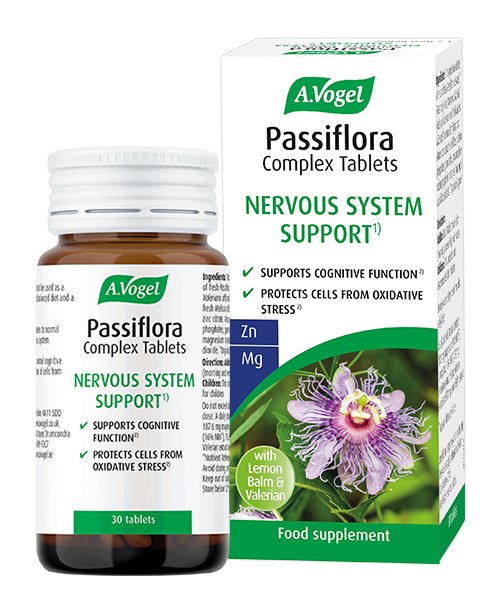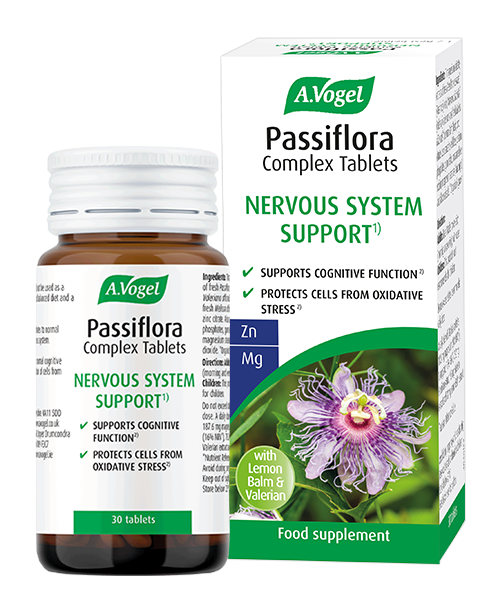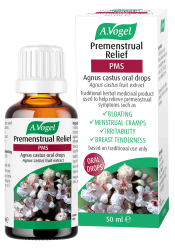Why do I get anxiety right before my period?
Monthly anxiety could be experienced in isolation, or as part of a number of other PMS symptoms. The underlying causes of the anxiety; from hormone imbalance, to blood sugar dysregulation can help to tailor the best course of action in terms of managing monthly anxiety. A range of diet, lifestyle and supplement options can often help.
What are the causes of monthly anxiety?
Here I run through some of the causes of monthly anxiety, and what can be done to help:
1. The natural fall in hormones
At the end of the month, in order to give you your period, your hormones, mainly oestrogen and progesterone, fall off in order to give you your period. This is a fairly drastic fall off and unfortunately, this drop in hormones, more specifically, oestrogen, can in some cases give rise to symptoms.
In the case of anxiety, this fall in hormones can often affect other hormones and neurotransmitters relating to mood, so such as dopamine or serotonin.
This fall in oestrogen is similar to in menopause, so much so, sometimes people refer to their monthly period is like having a mini-menopause! That drop in hormones can influence a number of symptoms as a result of its effect on other hormones, neurotransmitters, your blood sugar and the oestrogen receptors that line every inch of your body.
However, whilst we can become a little bit vulnerable with that drop off in hormones, that drop off in hormones is quite normal. We need our oestrogen or progesterone to drop off to give us our period. And then they start to build up as the month goes on in order to trigger ovulation, and so on. So, to some extent, some 'symptoms' can be considered normal. But what I would say is if you are experiencing symptoms that are heightened and therefore troublesome, then we can help work towards supporting ourselves.
What can be done to help?
If you find that anxiety is your main symptom as a result of these falling hormones, so you don't have many others, we do have certain herbs which could help to target that symptom quite specifically.
Passiflora Tablets, for one, can help to offer nervous system support. Or there is the Passiflora Spray version, which is quite a nice option if you're on the go as well.
2. There could be an underlying hormone imbalance
As above, the monthly drop off in hormones is quite normal, but if your symptoms are a bit more pronounced, or if you've noticed other symptoms, or perhaps you've noticed patterns such as getting your period more often than normal, or not quite frequently enough, then there might be a more pronounced hormone imbalance underlying.
If this is the case, this hormone imbalance would be considered to be the root of the cause, which is then influencing the anxiety or any other symptom that you may experience.
What can be done to help?
This would be where some remedies such as Agnus castus would come in, if there's suspected oestrogen dominance, that is, or some soy isoflavones if you suspect you're a little bit low in oestrogen, and so you're suffering with these low symptoms; low mood, anxiety, or skin issues, for example. So, these are the kind of herbs we would be considering if we suspect there's a wider hormone imbalance and it isn't just that one symptom of anxiety that we're struggling with at the end of the month.
3. Blood sugar dysregulation
Blood sugar dysregulation can quite directly influence symptoms of stress or anxiety. Again, this could happen at any time of the month, but we do become a little bit more vulnerable as the oestrogen drops off. So, you might find that the symptoms are more pronounced around that time, but you may also be able to notice some patterns in terms of your blood sugar regulation at other times too. So, if notice symptoms when you're hungry, or after certain foods, for example.
What can be done to help?
Diet is an important consideration if you're keen to help regulate your blood sugar levels and support your insulin.
Firstly, in terms of carbohydrates; lots of whole grains, including a naturally-high fibre diet, plus ensuring you include a source of healthy protein and healthy fats with every meal or snack, are all helpful tips.
There are also some supplements which can help to improve blood sugar regulation more specifically.
Firstly, magnesium helps support insulin sensitivity. Then, cinnamon, a lovely spice that you can use just in your cooking or breakfasts; just mix it through for a little hint of sweetness; this is also really good for your blood sugar.
Then, chromium is quite a specific mineral that you can take in supplement form, again, if you're keen to really hone on and focus on improving your blood sugar regulation.
So, those are just some nice gentle supplements that you can work into your regime if you're keen to support your blood sugar quite specifically.
4. Sleep, alcohol and caffeine
Sleep deprivation, alcohol, and caffeine can all affect us in a number of ways relating to anxiety. First of all, these factors can all ignite our internal stress response which in turn, can influence your blood sugar.
When you are sleep-deprived, in particular, your blood sugar can become a little bit more wobbly. So, after a late night, you might notice that you're feeling more anxious than normal. Again, it can be helpful to try and detect some patterns around this. Are you just experiencing anxiety at one point in the month (which could suggest hormones) or is it more consistent, especially if your sleep is upset, which could point towards the blood sugar issue.
Next, alcohol affects your blood sugar quite directly at the time of consumption, and also again, the next day, and the symptoms of anxiety can easily mirror this.
Caffeine as well, can be really relevant when it comes to anxiety as it very quickly ignites your stress response. After consuming caffeine you will get that initial high in energy, your blood sugar rises, but then you get the crash in both your blood sugar levels, and subsequently often your energy. This is often mirrored by a crash in your mood and/or heightened anxiety levels.
What can be done to help?
Aim to sleep well in order to limit anxiety the next day. Aim to go to bed early enough, preferably no later than 10pm and keep up a consistent sleep/wake cycle, even on weekends.
Although not specific to anxiety, moderating your alcohol intake is always going to be helpful. Opting for good quality options, such as red and always having alcohol alongside a nutritious meal, can be nice ways to approach this.
When it comes to decaf options, natural decaf options are preferable rather than those that have been removed with chemicals. Coffee alternatives such as our Bambu, is a lovely option as well.
5. Underlying nutrient deficiencies
Deficiencies might be underlying anyway, but again, with the drop in hormones at the end of the month, these nutritional deficiencies may start to flag up and trouble us even more than ever.
Firstly, being deficient in iron could be problematic, especially if we're having quite heavy monthly periods. Iron is directly related to your energy levels, but also anxiety can then be closely related to your energy levels as well.
Next, magnesium. Magnesium is so calming for both the body and mind and can therefore often be so helpful in cases of anxiety. Magnesium can also be helpful for managing pain perception. So, if you're having monthly cramps, for example, magnesium can help calm those, and that in turn could help with symptoms of anxiety. You might be feeling anxious if you're struggling to manage the pain or discomfort as well.
What can be done to help?
Again, there are some lovely supplement options when it comes to ensuring we are getting sufficient levels of some of these key nutrients. I would always say to prioritise diet; so fresh, wholefood options to provide enough iron; this includes organic meat options, leafy greens and whole grains.
Then, magnesium is similar. Whole grains, nuts, seeds and vegetables all provide lovely levels.
But then we do also have some supplement options. For iron, you have options including Floradix or Spatone. For magnesium, there are lots of lovely brands out there if you would like a stand-alone option. Aim for 100-400mg daily. Then, of course, magnesium is also found in combination with some other key nutrients such as vitamin D, in our Balance Mineral Drink.
6. Dehydration
Keeping properly hydrated should again, be an ongoing effort. But potentially, when those hormones are dropping, it's more important than ever, and every little could help in order to help you feel at your best.
Dehydration can again, have quite direct effects on your mood, concentration, stress and anxiety levels.
What can be done to help?
Aim to consume between 1.5 and 2 litres of water daily. And that should be a minimum intake, and any additional drink options should be over and above that lovely minimum intake of water. You can perhaps just think about adding some fresh fruit or herbs or something if you're keen to jazz up your water, but ultimately, it's what works well for you. How can you ensure you get enough water in? Sometimes the little tracker bottles can be quite motivating as well as a nice option.









